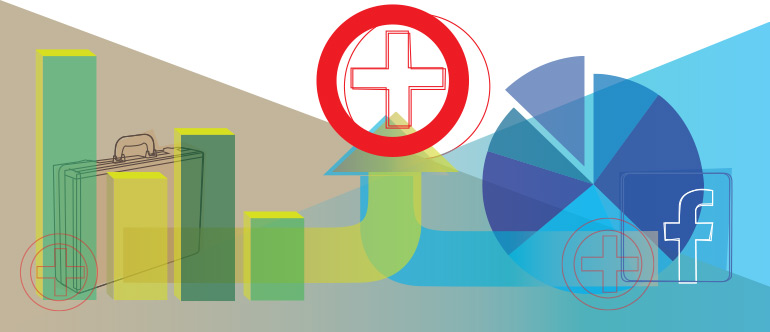What Does Healthcare Data Need to Make It Most Useful? Facebook!


You probably know this already: patients aren’t always honest with their doctors. Sometimes it’s intentional (like trying to hide a smoking habit); other times, it’s simply human nature, things like inaccurate memory or a seemingly “unimportant” (not reported) change in behavior. As patient data gets digitized and analyzed in an effort to improve medical services and outcomes, however, bad data can be an obstacle to the best care.
Enter Facebook. Ever heard of it? That’s tongue-in-cheek, of course, but have you considered the popular social network as a resource for quality healthcare information? Turns out, according to USA Today, “a growing body of research has found that information Americans share on social media websites about their health and lifestyle is more up to date and accurate than what they share with doctors, employers, insurance companies and government agencies.”
But what’s emerging as a solution isn’t a question of reliance on social data vs. “big” data; the two are not at odds. Instead, integration of Facebook data with data from medical records is being examined. Citing a recent study, USA Today reports, “By combining the Facebook data with medical-record analysis, predictions for some health outcomes… were two to four times more accurate than those based on medical or socio-economic data alone.”
The potential benefits are broad: everything from encouraging participation in employer wellness programs (via social check-ins and gamification) to customized health management. As a result, many are beginning to invest in the opportunities where social data and medical data meet, for example CaféWell, a health incentive program in Colorado. It not only has the financial backing of IBM’s venture capital group – it also uses IBM’s “Watson” to “improve the recommendations made by its social-based health platform, CaféWell.”
As with all things healthcare-related, privacy is always a concern, but according to Dr. Leslie Saxon, as quoted by USA Today, “Privacy [may be] bad for your health… We need indiscriminate, continuous, multisourced data streams to realize the great potential of digital health.”






